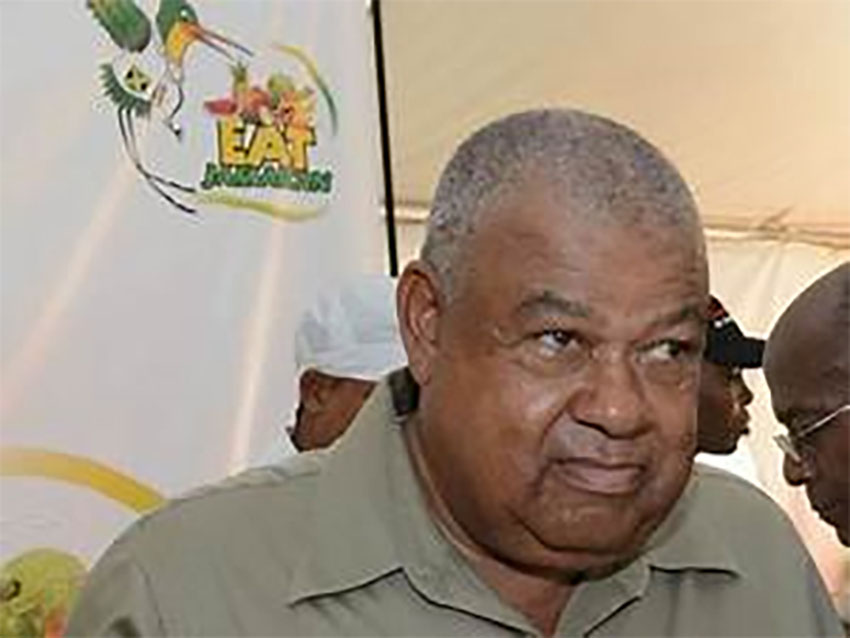Jamaica’s tradition for producing a wide range of agricultural produce to meet the needs of local consumers as well as to ‘cash in’ on opportunities on the export markets, notably in the agro-processing sector has been, reportedly, coming under critical scrutiny on account of what a report in the February 28th issue of The Observer newspaper says has been “a decline in a number of traditional crops locally,” a circumstance which the report says “have seen stakeholders across the agricultural sector calling for improved policies geared towards rebuilding.”
Asserting that production of a number of traditional produce “continues to trend downward,” the article says that the trend has generated concern for the future of food security in the CARICOM member country. Jamaica and Guyana have traditionally been regarded as the agriculture giants among member countries of CARICOM though the island nation is known to have surged ahead of the rest of the region, in capturing extra regional markets for some agricultural commodities in North America for both its farm produce and its agro-processed commodities.
 The prevailing concern has reportedly caught the attention of the Jamaica Agricultural Society (JAS) President Lenworth Fulton who, The Observer says, has identified what it says as “key crops”, including coffee, cocoa and sugar cane, where output could be improved “if better policies are implemented to combat current challenges.” The farm produce marketing of Jamaica has been largely credited to the external marketing prowess of the state-run marketing facility, JAMPRO, as well as the country’s wider success in ‘selling’ its cultural ‘offerings’ in North America and Europe.
The prevailing concern has reportedly caught the attention of the Jamaica Agricultural Society (JAS) President Lenworth Fulton who, The Observer says, has identified what it says as “key crops”, including coffee, cocoa and sugar cane, where output could be improved “if better policies are implemented to combat current challenges.” The farm produce marketing of Jamaica has been largely credited to the external marketing prowess of the state-run marketing facility, JAMPRO, as well as the country’s wider success in ‘selling’ its cultural ‘offerings’ in North America and Europe.
Fulton is quoted as saying that while Jamaica is not “doing badly with domestic crops such as roots and tubers, vegetables and cucurbits, we are in a very bad state with our traditional crops.” He noted that while “in the 1960s” Jamaica produced 562,000 tons of sugar, by 2023 that amount had “moved down to 35,000 tons.” He further asserted that “when we look at banana we were in the 1960s also producing 265,000 tons, which today is now down to 70,000 tons.” These, the JAS official is quoted as saying, are just “a few examples, as decline in a number of other areas across milk and meat production also becomes impacted” during comments made at a Jamaica Observer Business Forum.
Another Jamaica business official, Dennis Buddo, who is affiliated to the Jamaica Cocoa Sector Development Alliance reportedly called it a “sad day” for cocoa in Jamaica, production having fallen from a high of 2,700 tons of dry cocoa in the mid-1990’s to 63 tons up to last year. Coffee and legumes are also reportedly to be amongst the range of agricultural produce that has been on the continual decline in Jamaica.
The revelations regarding the challenges facing Jamaica’s agricultural sector are a microcosm of a wider problem across much of the CARICOM group of countries where member countries are battling with what food-related international organizations described as a food security crisis. Over several months, little has been heard regarding progress in the creation of the planned Food Security Terminal, seen in the regional as a critical stepping stone to effectively tackling the prevailing regional food security challenge.




